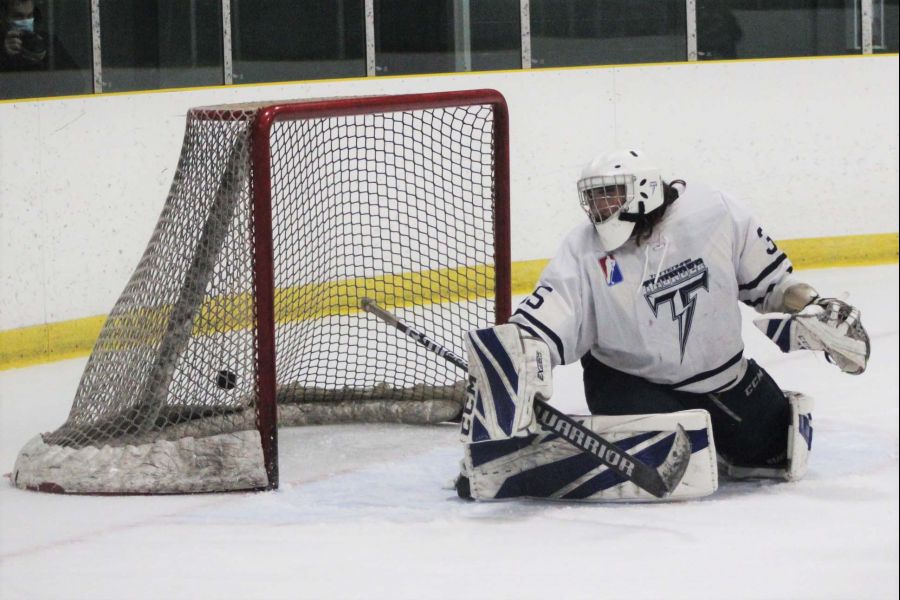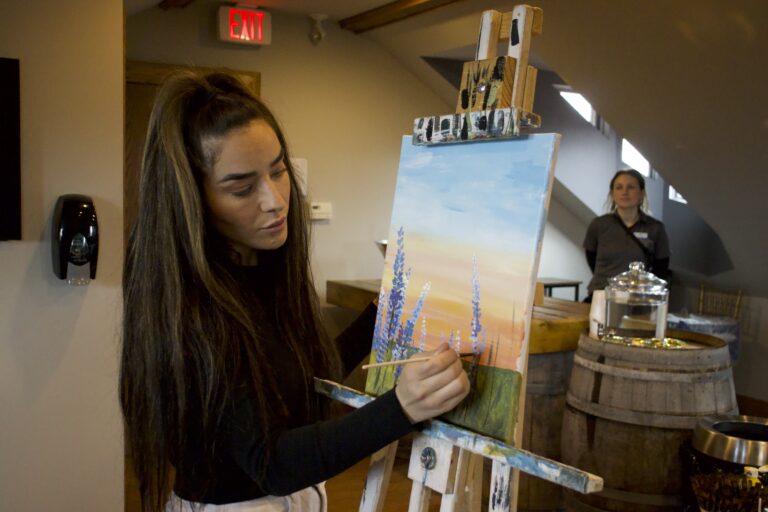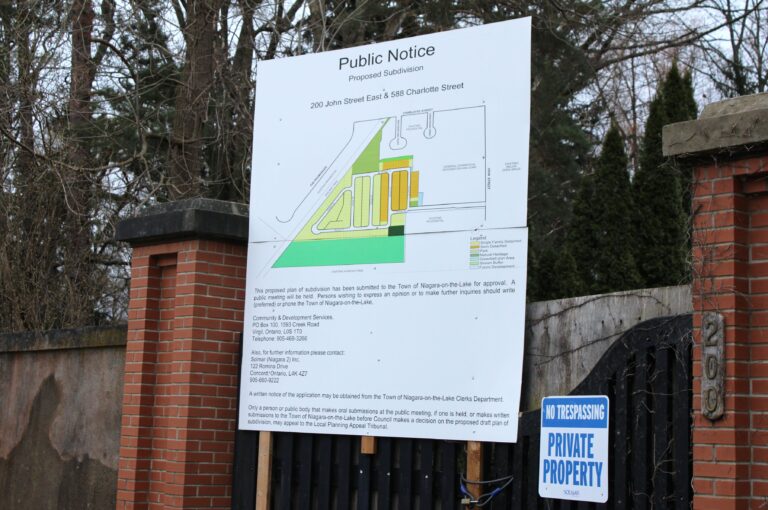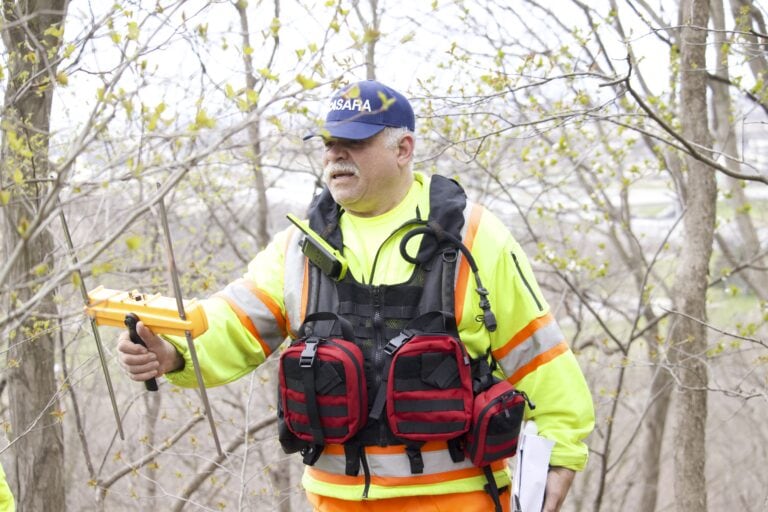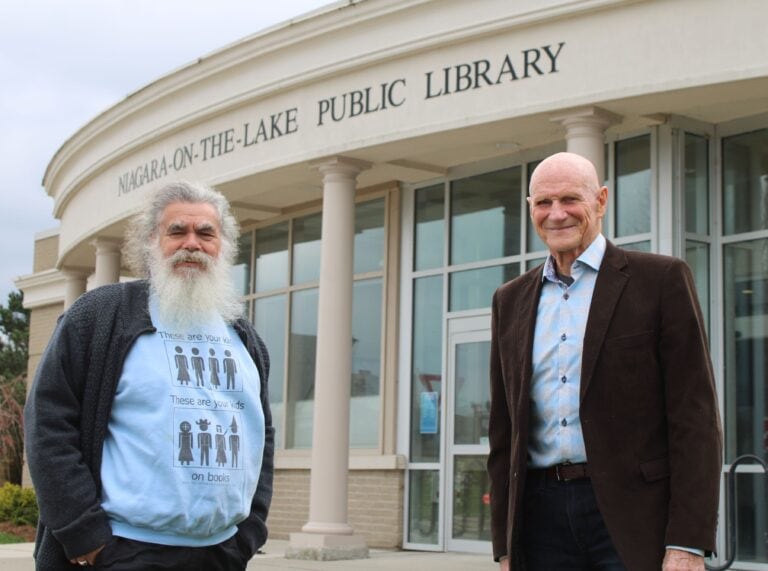After years of deliberation, false starts and delays, Niagara-on-the-Lake councillors have approved the implementation of a controversial municipal accommodation tax.
The tax is set to commence on July 1, after narrowly passing in a 5-4 council vote last week.
For many councillors, it was a simple matter of embracing one of the few revenue options available to the town.
“It’s a revenue tool that we have not been using and it strikes me as very strange that a premiere destination like Niagara-on-the-Lake (has) not been using that,” Coun. Allan Bisback said in an interview on Tuesday.
For a town that welcomes millions of tourists every year, it makes no sense for residents to foot the bill to improve tourism infrastructure in town, Bisback said.
For now, the tax will only be paid by people staying in rentals with five or more rooms – mainly hotels. Most B&Bs and short-term rentals will be exempt, though some councillors said they expect the tax will be expanded in the future.
“The only way we have to get additional revenue is through (the municipal accommodation tax),” Lord Mayor Betty Disero told councillors.
Bisback said revenue from the tax will be divided between the town and an entity to manage marketing and advertising for the town's tourist sector.
Exactly what the entity is and what the percentage split will be is still to be determined.
The tax was originally supposed to be approved for implementation at the end of 2021 but was voted down by council on Dec. 20.
During that meeting, treasurer Kyle Freeborn presented scenarios for how much the tax may generate.
Town staff recommended an option that calculated earnings based on a 60 per cent room occupation rate, an average room price of $200 and a tax of 2 per cent, resulting in more than $1 million in annual tax revenue, with the municipality keeping 50 per cent for itself, or $530,987.
The presentation estimated the the town will earn roughly $44,000 per month from the tax. If implemented in July, that could total some $264,000 by the end of the year.
The tax is planned to ramp up over several years, starting off at 2 per cent in 2022 and reaching 4 per cent in 2024, doubling the estimated revenue.
In places such as Marin County, Calif., the transient occupancy tax is 14 per cent for short-term rentals and 10 per cent for most other rentals.
Three projects initially were proposed to be funded by the tax: The Canada Summer Games 13 by 13 event ($60,000), landscaping on Queen and Victoria streets ($101,685) and a $140,000 donation to the Niagara-on-the-Lake Museum.
As part of the operational budget passed by council on Jan. 31, the summer games gathering is now being funded out of the parking reserves thanks to the cancellation of this year's icewine festival. The town had earmarked $40,000 for the festival.
Landscaping on Queen and Victoria streets has been deferred.
The motion to approve the tax included a reduced donation to the museum of $100,000 and stipulated the rest of the money generated by the tax will go into a reserve fund.
Coun. Clare Cameron said conflating support for the museum with approval of the accommodation tax was manipulative.
“I feel there’s something very coercive about this and I’m not comfortable with that,” she said.
She said the town was ignoring industry concerns by implementing the tax before doing extensive public and industry consultation.
Along with Coun. Gary Burroughs, she said the tax was poorly timed since the hospitality industry is suffering due to the pandemic.
Paul McIntyre of Vintage Inns and Janet Jones, chair of the town's tourism advisory working group, asked council to defer the tax until after discussions with the industry and short-term rental operators.
But Disero said backlash from industry reps and councillors served no purpose other than to delay the launch of the tax.
“It seems to me that we’re just trying to stall this out, yet again,” she said.
Industry officials' requests for the tax to be delayed for “consultation” are suspect, she said.
“We’ve talked about (the municipal accommodation tax) since 2016. There have been so many discussions and each time we are asked to hold off, hold off, hold off — it’s a tactic not to do it,” she said.
The industry will continue to try to delay the tax and the only way to get the hospitality sector to actually come to the table for discussions on its implementation was to “tell them there’s a deadline,” she said.
After debate among councillors, it was decided a governance advisory group will be formed to meet with hospitality officials and industry experts prior to the implementation of the tax in July.
Disero ensured a line was added that stipulated the governance group could not delay the start of the levy.
McIntyre and Jones agreed making the tax only applicable to rentals with five or more rooms was unfair, but acknowledged the parameters of the tax will most likely be expanded over time.
“If it’s a room tax, then it’s a room tax,” Jones said.
Bisback said the tax was designed this way to give a break to short-term rental operators who had to close down entirely during much of the pandemic, whereas hotels could still operate with limited capacity.
But he said he wants the rules to be expanded to include all short-term rentals one day.
“I actually am a big supporter that eventually they need to come into the fray,” he said.
He also justified the choice as a matter of money.
“To be blunt, from a revenue point of view, the majority of rooms are in the hotels,” Bisback said.
He was optimistic about the economic future of tourism in NOTL.
“We will come out of this pandemic, we will recover,” he said. “We just need to temper the emotion a little bit.”



